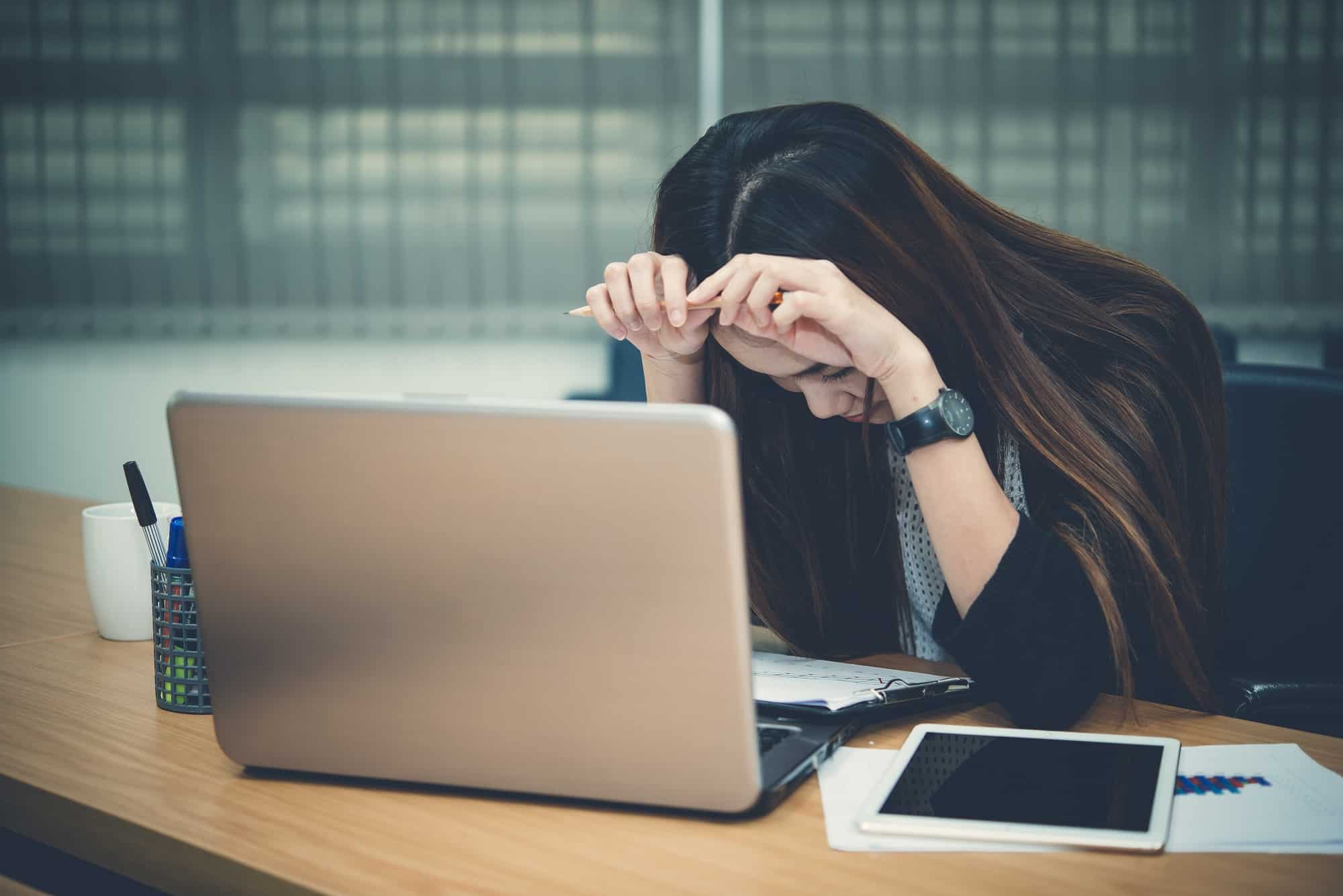Car accidents can have life-altering consequences, not just physically but also emotionally and financially. Whether it’s dealing with injuries, property damage, or insurance companies, the aftermath of a car accident is often overwhelming. In Charleston, South Carolina, road safety challenges are a significant concern. Last year, the South Carolina Department of Transportation reported 1,097 traffic fatalities in 2022, with Charleston County seeing particularly high numbers in pedestrian and bicycle-related incidents.
Given the risks on Charleston’s roads, understanding your legal rights is essential if you’ve been involved in a car accident. In this blog, we will share key legal considerations for car accident victims to help guide you through the complex process.
The Importance of Seeking Medical Attention
Many injuries, such as whiplash or internal bleeding, may not show symptoms right away but can become serious if left untreated. Seeking medical help not only protects your health but also creates an official record of your injuries. This documentation is crucial if you need to file a personal injury claim or pursue legal action later on.
Delaying medical care can give insurance companies a reason to argue that your injuries weren’t as severe as you claim. It’s important to get a full evaluation from a healthcare provider to ensure that all injuries are properly documented and treated.
Consulting a Lawyer Early
After a car accident, one of the most important decisions you can make is to consult with an experienced legal professional. Speaking with a reliable car accident lawyer in Charleston early in the process helps you understand your legal options and rights. Lawyers specializing in car accident cases can help guide you through the complexities of filing a claim, negotiating with insurance companies, and preparing your case if it goes to court.
Having legal representation from the beginning provides peace of mind, as your lawyer will handle communications with insurance companies and make sure that your case is properly prepared. Without a lawyer, you may find yourself accepting a settlement that is far less than what you deserve, simply because you’re unaware of what you’re entitled to.
Gathering Evidence After the Accident
Gathering evidence after a car accident is critical to the success of your case. The more evidence you can collect, the stronger your claim will be when you pursue compensation for your injuries and property damage. Important evidence includes photographs of the accident scene and any visible injuries. And don’t forget vehicle damage. Taking pictures immediately after the accident, if possible, helps capture the details of the crash before anything is moved or altered.
In addition to photos, contact witnesses at the scene. Witness statements can support your version of events and provide valuable insight into what happened. If the police responded to the accident, be sure to request a copy of the police report as well. This official document can be an essential piece of evidence when dealing with insurance companies or if the case goes to court.
Dealing with Insurance Companies
One of the most stressful parts of being in a car accident is dealing with insurance companies. While insurance is supposed to provide financial relief, insurance adjusters often aim to minimize payouts, which can leave victims with far less compensation than they deserve. It’s important to be cautious when communicating with insurance adjusters and to avoid giving recorded statements without consulting your lawyer first.
Insurance companies may offer settlements that seem appealing but are often far lower than the actual value of your claim. By having an attorney handle negotiations, you increase the likelihood of receiving a fair settlement. Your lawyer will make sure that all your damages, like medical bills, lost wages, and pain and suffering, are included in any settlement offer.
Filing a Police Report
After a car accident, it’s important to file a police report, especially if the accident resulted in injuries or significant property damage. A police report provides an official account of the incident. You will need it when dealing with insurance companies or if the case goes to court. It documents important details such as the time and location of the accident, statements from those involved, and any citations issued at the scene.
Having a police report can strengthen your claim and offer an impartial record of the events that took place. Even if the accident seems minor, it’s always a good idea to file a report to protect yourself legally. Make sure to obtain a copy for your records, as it can serve as critical evidence later on.
Seeking Compensation for Damages
When pursuing a claim after a car accident, you can seek compensation for a variety of damages, depending on the severity of the incident. These damages include the following components:
-
- lost wages
- medical expenses
- property damage
- pain and suffering
Each of these categories can significantly impact your financial situation, so it’s important to account for all of them when calculating the value of your claim.
Medical expenses often make up the largest portion of compensation claims. This can include costs for emergency care, hospital stays, physical therapy, and any ongoing medical treatments required for recovery. Lost wages also play a significant role, especially if your injuries prevent you from working for an extended period. In addition, non-economic damages like pain and suffering compensate for the physical and emotional toll the accident has had on your life. An attorney can help assess the full value of your claim and negotiate a fair settlement.
The bottom line is that car accidents serve as a harsh reminder of how quickly life can change. While it’s easy to focus on the immediate aftermath—medical bills, repairs, and insurance claims—there’s a deeper question worth considering: how prepared are we, legally and personally, for the unexpected? Dealing with the legal process after an accident is just one piece of the puzzle. It challenges us to think about the systems in place to protect us and whether we fully understand them. Are we truly equipped to safeguard our future when the unthinkable happens? The answer lies not just in reacting to accidents but in being proactive about understanding our legal rights and protections before we ever need them.
Want to learn other strategies for managing stress, fear, and life’s challenges?
Snag a free workbook and get inspiration on all the ways to love your life even more.
>>Click Here to Discover Additional Articles with Strategies to Get Your Life Back on Track <<









